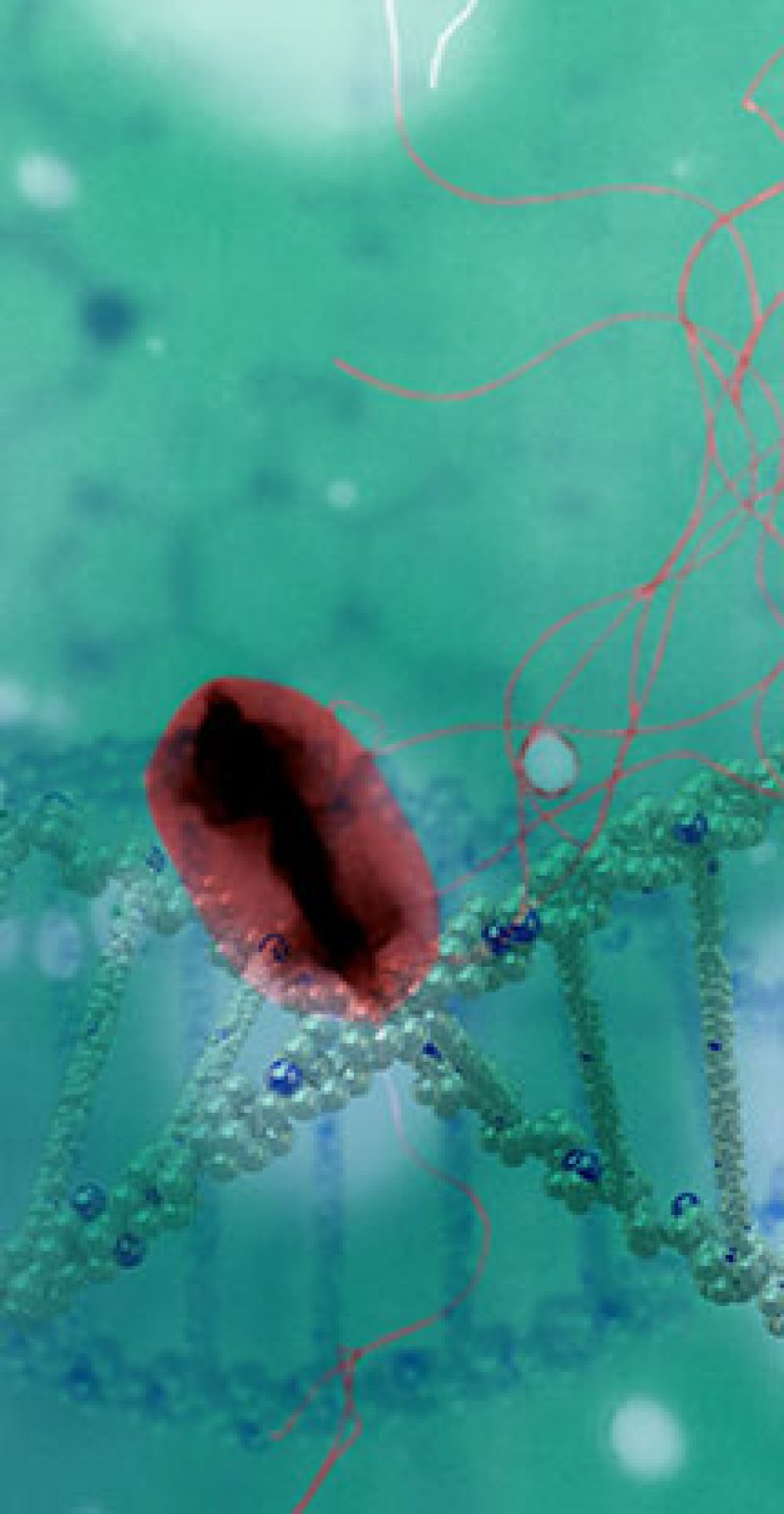The GLP aggregated and excerpted this blog/article to reflect the diversity of news, opinion and analysis.
Epigenetics is a burgeoning field of research that is the most synthetic of the sciences in introducing the new, environmental view of biological development: it is the science of how cellular environments determine genetic expression. The field has yielded thousands of studies that show how certain nutrients, environmental toxins and psycho-social stressors can affect genetic expression without changing the underlying DNA sequence. Instead, epigenetic mechanisms affect genetic expression by influencing which genes are available to the cell’s protein-building ‘machinery’.
The implications of recent epigenetic insights are enormous. Epigenetics provides a powerful way to think about openness, indeterminacy and variation in human anatomy, physiology and behaviour. Foremost, epigenetics shows that variation is the inevitable, natural state: that is, variation is the only possible outcome because each person is made by a unique set of exposures, past and present. Its inevitability is enhanced by the fact that epigenetic processes are subtle and indeterminate. The upshot is that there is no ‘baseline’ for determining the ‘natural’ state of the human body.
In other words, there is no a priori basis to treat bodily changes as deviations from a past natural state. For example, the recent increase in human body size, overwhelmingly seen as inherently bad, might instead be a protective adaptation to the environment: bigger might be better. Differences among humans in characteristics such as size, mental acuity or gender identity are normal – not things to be controlled, or treated as disruption, or explained with reference to faulty genes.
Read full, original post: Plastic People































